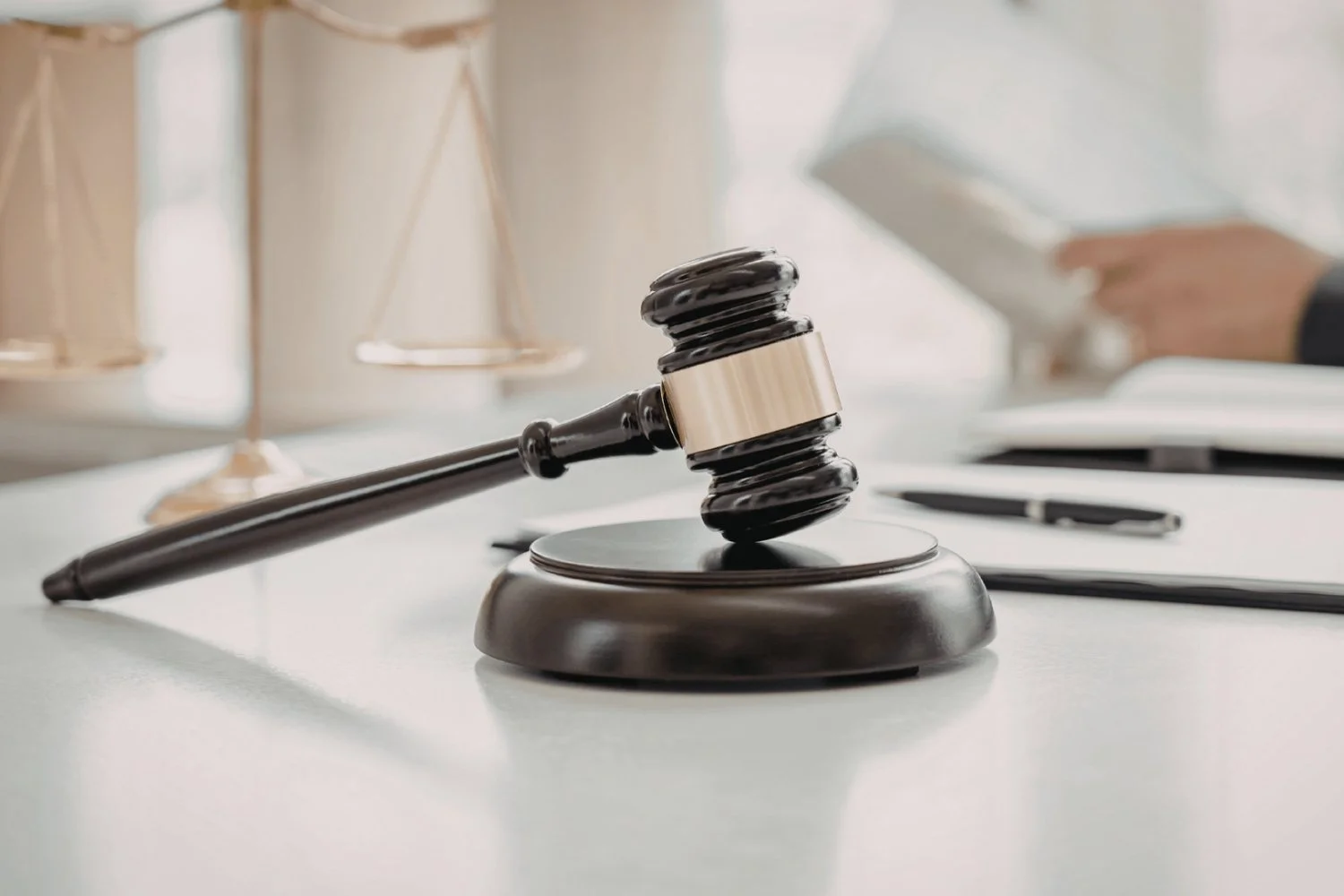How to Protect Your Personal Assets as a Business Owner
As a Sunshine Coast business owner, your dedication and diligence are frequently tied to your company. However, have you considered how to safeguard your personal assets against possible business risks? The correct business structure and legal strategies can provide an extra degree of security, keeping your personal wealth apart from your company assets, regardless of the issue—a disagreement, a financial setback, or an unexpected liability. That’s what we’ll explore here today.
Just a reminder: Although the strategies covered here might provide some answers, they are not universally applicable. Every company has different risks. Consult with knowledgeable legal and financial experts for personalised advice before acting.
The Right Business Structure Is Your First Line of Defence
Choosing the correct business structure is more than a matter of compliance; it’s one of the most effective ways to protect assets. While operating as a sole trader or in a partnership is straightforward (that’s why it’s often used by small businesses), it typically offers little to no separation between your business’s liabilities and personal assets. In these structures, you are personally responsible for all business debts.
A trust or a limited liability company (Pty Ltd) may assist in this situation. A company can have its own debts and liabilities since it is a distinct legal entity. This division, which is frequently referred to as the “corporate veil,” can protect your private assets, such as your family home and savings, from lawsuits involving your business. In a similar vein, a trust can be an efficient way to hold assets, with a trustee overseeing them for the benefit of the beneficiaries (in this case, the business owners). Since the trust, not you, is the legal owner of the assets, this can offer strong asset protection.
However, it pays to remember that even these arrangements might not provide total security if you have personally guaranteed business loans or debts.
Ensure Assets Are Strategically Divided
Think about separating who owns your valuable assets from who owns your business operations to strengthen your position even more. For example, the trading business (your operations) may be run through one company, while your commercial premises, intellectual property, or significant equipment are owned by a separate entity, like a trust or holding company. This strategy can help protect company assets and provide another barrier between potential creditors and your wealth.
Similarly, it may be prudent to hold your personal assets in the name of the spouse who is not involved in the day-to-day operations of the business. However, it is essential to seek legal advice before implementing this strategy, as transfers could be challenged in the event of bankruptcy. Also, while transferring assets to a spouse may protect them from a business claim, it may inadvertently expose those same assets to a potential family law claim if the relationship ends.
Reap the Power of a Trust
For many business owners, a family or discretionary trust is a key element of a comprehensive asset protection plan. Such a trust is highly flexible and, when structured correctly, can provide a strong legal shield for your personal and family assets from business risks. In this structure, the trustee (who might be a company) holds the assets, but the beneficiaries do not have a fixed entitlement to them. This discretionary power can make it difficult for a creditor to claim those assets.
When a Business Structure and Separation of Assets May Not Be Enough: Circumstances of Personal Liability
While establishing a separate legal entity like a company or trust is a powerful way to protect assets, it’s crucial to understand that there are circumstances where your personal assets can still be at risk. The corporate veil isn’t an impenetrable shield, and directors and business owners can be held personally liable for certain business liabilities. Here are some key scenarios to be aware of:
Personal Guarantees: A very common situation where a business owner directly puts their personal wealth on the line is when they provide a personal guarantee. Banks, landlords, or key suppliers often require a director’s personal guarantee to secure a loan, a lease, or a credit facility. If the business defaults, the creditor can pursue your personal assets—such as your family home, car, or personal savings—to recover the debt.
Statutory Liability: Australian law places certain non-delegable duties on company directors. You may be held personally liable for your company’s unpaid employee superannuation, Pay-As-You-Go (PAYG) tax, or Goods and Services Tax (GST). Furthermore, breaches of specific Work Health and Safety (WHS) laws can lead to personal fines and, in serious cases, imprisonment.
Insolvent Trading: Under the Corporations Act 2001 (Cth), a company director has a duty not to trade while the company is insolvent or if there are reasonable grounds to suspect insolvency. If the business continues to incur debts in this state, the director may be held personally liable for those debts.
Fraud or Negligence: A company structure will not shield a business owner from liability for their own fraudulent, dishonest, or negligent acts. If you have acted improperly and caused a loss to others, a court may lift the corporate veil and allow a claim to be made against you personally.
The Role of a Commercial & Business Lawyer
Navigating these strategies requires a deep understanding of Australian and Queensland business law. A commercial and business lawyer can be your most valuable partner in this process. A lawyer’s role may include:
Advising on and establishing the most suitable legal structure for your business.
Drafting commercial agreements to minimise risk.
Ensuring compliance with all relevant laws and regulations.
Providing strategic advice to help you implement a plan to protect assets from your business.
At Bradley & Bray, our team of experienced business and commercial lawyers can help you take these crucial steps. Learn more about our services and how we can assist your business by scheduling a consultation. Contact us today to get started.
Disclaimer: This article is general in nature and does not constitute legal advice. If you require legal advice in relation to your personal circumstances, you must formally engage our firm or another firm to provide legal advice in relation to your matter. Bradley & Bray lawyers take no responsibility for any use of the information provided in this article.





